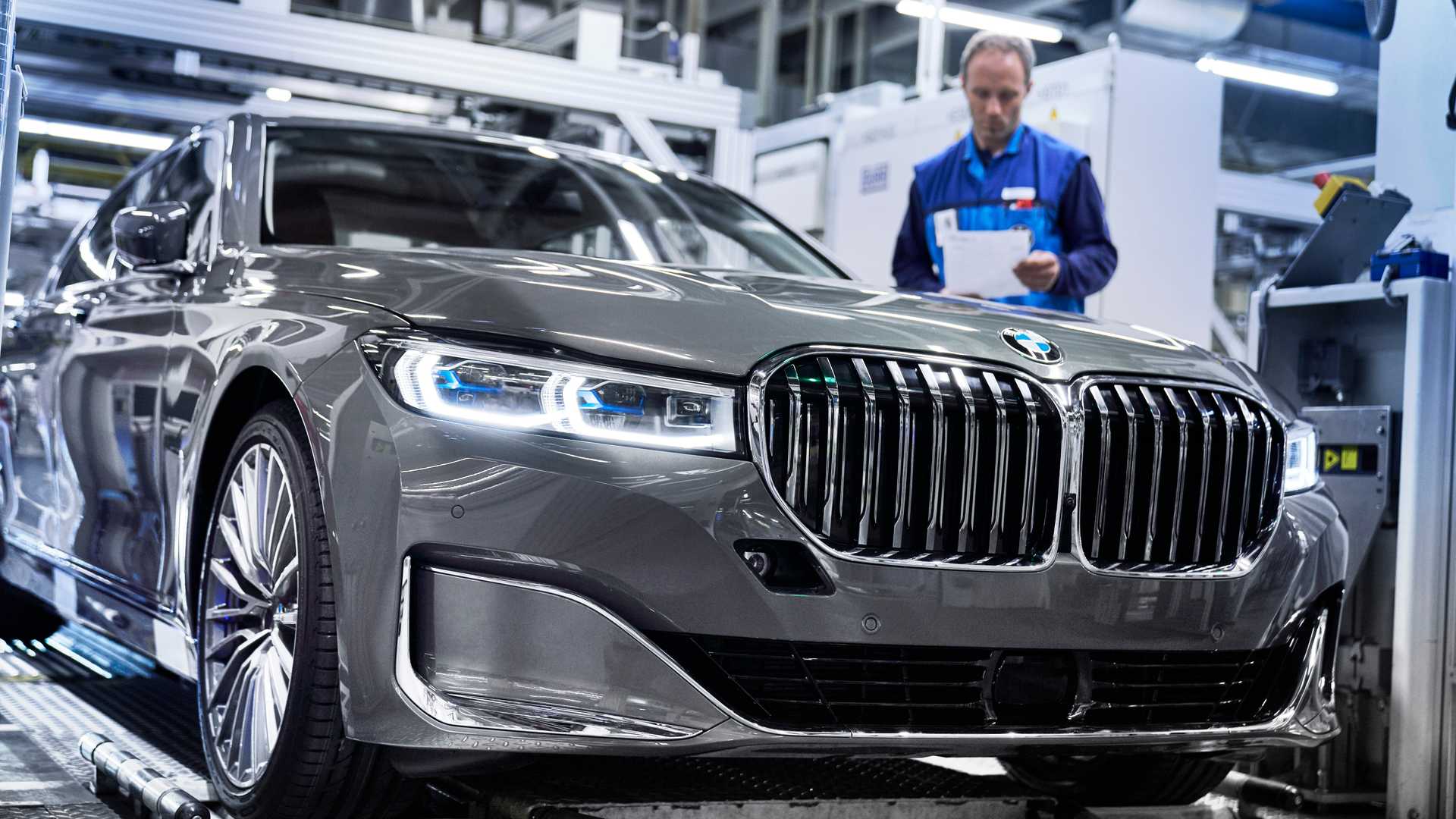Leading associations representing downstream users of steel had teamed up to call for the European Commission not to extend its import safeguards beyond their June 1 expiry date, the European Automobile Manufacturers’ Association said in a statement late Feb. 26, but steel producer body Eurofer is pushing to keep the measures.
The EC opened Feb. 26 an investigation to determine whether the current system of EU steel import safeguards should continue after its expiry on June 30 following requests from EU steelmaking nations.
Interested parties are being invited to submit their views to the EC within 15 days. A decision on whether the safeguards, based on a tariff-rate-quota system, may or not be continued will be made by June 30, the commission said.
The possibility of extending the safeguard measures beyond June 2021 added “to the uncertainty and adverse market conditions that steel users are currently facing,” steel consumers associations said in the statement, asking that they be allowed to expire “as foreseen.”
Companies are under pressures due to price rises for steel products and long delivery times because of insufficient domestic supply, they said.
“Due to the safeguard measures currently in place, reduced competition from third countries means that import alternatives aimed at easing cost and lead-time pressures on European manufacturers have been limited,” the statement said.
“It is in the interest of downstream users to rely on a strong and competitive EU domestic steel industry. Excessive protection will only result in an uncompetitive European steel industry, to the detriment of downstream users and final consumers.”
The European Commission introduced the initial safeguard measures on steel imports in July 2018 to prevent economic damage for European steel producers in the wake of the US putting trade restrictions on steel and aluminum products. The Commission confirmed the initial temporary measures in early 2019 for a period until end of June 2021.
European steel producer body Eurofer said March 1 that it had been calling for the safeguard to be extended.
“The EU steel safeguard, while not perfect, has served as a signal that the EU cannot be used as a dumping ground for global overcapacity in steel. It acts in a more generalized and broader way than anti-dumping measures, which are relatively slow to deploy and only act on one product and one country at a time.”
The current safeguard is a zero-rate tariff quota that rises to a 25% tariff if the quota is exceeded, Eurofer said, adding that traditional steel exporters to the EU had protected, transferable tariff-free quotas, which had risen by between 3-5% every half year regardless of the performance of the market.
“During the downturn in 2019 and 2020 the quota was raised without regard to the performance of the steel market. As growth is returning to the market, a robust safeguard will be more important than ever,” it said.
The coalition of EU trade associations representing the interests of downstream buyers of steel consists of ACEA, the European Automobile Manufacturers’ Association, APPLiA, the European home appliance industry, CECE, the Committee for European Construction Equipment, CEMA, the European Agricultural Machinery Association, CEMEP, the European Committee of Manufacturers of Electrical Machines and Power Electronics, CLEPA, the European association of automotive suppliers, Orgalim, the association that represents Europe’s technology industries, and WindEurope, the voice of the European wind industry.
— Annalisa Villa






